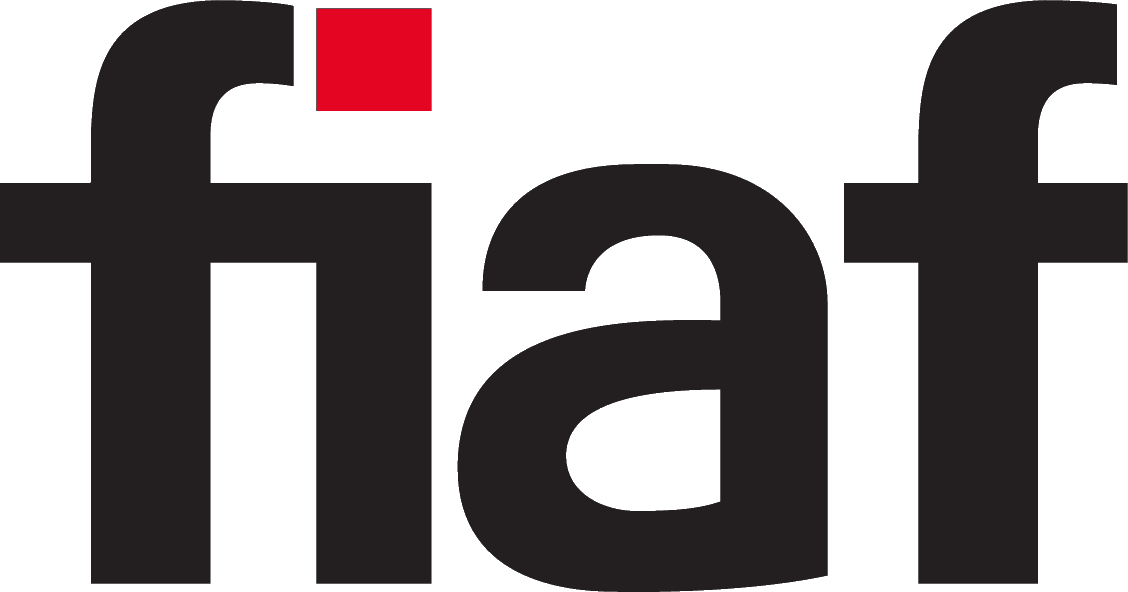2018 FIAF Award Presented to Thai Filmmaker Apichatpong Weerasethakul
The full text of Apichatpong Weerasethakul's acceptance speech can be found HERE.
FIAF presented its 2018 FIAF Award to Thai filmmaker Apichatpong Weerasethakul on Monday 19 November at a special ceremony held at the Thai Film Archive, Apichatpong's "archival home" in Phutthamonthon, Nakhon Pathom, Thailand. The ceremony was held in the presence of the Thai archival and film preservation community, the FIAF President and Executive Committee. FIAF is the most important global network of cinematheques and film archives around the world.
In his acceptance speech, Apichatpong Weerasethakul commented on the role the Thai Film Archive and film preservation played in his own artistic development: "I’d like to congratulate FIAF for taking on this task of preserving our heritage. It’s an impossible task, especially now that the moving image has become more and more disposable. You need determination and a lot of attachment. I feel related because as a filmmaker, I need to attach. We attach to images, to memories, real or fake, to be able to recreate them on the screen. I have so many feelings that accompany my affinity for this tribe. I am excited, grateful, humble, and honored to receive the FIAF award. It is a bright spot in my long journey. Not bad for a kid from Khon Kaen who was addicted to science-fiction and ghost stories—to be standing here."
Weerasethakul concluded by dedicating the Award to FIAF and the founding director of the Thai Film Archive: "I’d like to thank you, the members of FIAF who have worked on this impossible task. You are making an important impact on the world’s memories, allowing them to grow and inspire… new stories. And I thank you for your brilliant idea to have an event here… because my ghosts, along with others’, belong here. Khun Dome has regarded this place, the Film Archive, as a temple. For him, cinema is a religion. If I have to believe in one thing, this is it. So I’d like to dedicate this award to Khun Dome Sukhavong, who is instrumental in making this temple a reality. This place, and the belief in it, was where my filmmaking started. And I hope that it will be a place that ignites the spirits of the generations to come."
FIAF President Frédéric Maire also commented: "As we mark our 80th anniversary in times of radical change, with digital technologies leading to a true paradigm shift in film archives' activity, FIAF's core mission appears more important now than ever. We are honored and delighted to present the 2018 FIAF award to Apichatpong Weerasethakul, a director who embodies true commitment to the art of film and engagement in its preservation. As a filmmaker whose work engages deeply with the past and the importance of human memory, while also tracing its own distinctive, original artistic path through the film medium, Apichatpong embodies all of the values the FIAF award represents in this milestone
year."
Since 2001, when the inaugural FIAF award was presented to Martin Scorsese for his groundbreaking advocacy for the cause of film preservation, FIAF has bestowed its annual award to celebrate a film personality external to the archival world, whose experience and personal commitment to cinema underlines FIAF's missions. Past recipients of the FIAF award include Ingmar Bergman (2003), Mike Leigh (2005), Hou Hsiao-hsien (2006), Peter Bogdanovich (2007), Agnès Varda (2013), or Jean-Pierre and Luc Dardenne (2016). Last year's FIAF award was presented to Christopher Nolan at a special ceremony which took place at the Academy of Motion Picture Arts and Sciences’ Samuel Goldwyn Theater in Los Angeles. The recipient of the FIAF award is selected by the FIAF Executive Committee from a short-list of nominations submitted by staff members of all FIAF-affiliated archives around the world.
In his home country Thailand, Apichatpong Weerasethakul has and continues to be a vocal and active advocate for the cause of film archiving and preservation, where he has closely supported the work of the Thai Film Archive since the 1990's. In 2001, he supported a successful campaign for the Thai Film Archive to be restructured as a Public organization, which led to the emergence of the leading film heritage institution that we know it as today.
Apichatpong has also emphasized the need for film preservation outside Thailand. He has worked with a number of FIAF affiliates around the globe to ensure the safe preservation and restoration of films, and closely supports the cause of film archiving in the South-East-Asian region. Apichatpong has also contributed public appearances at festivals and in films such as the 2016 documentary Cinema Futures calling for the importance of film as a cultural record and part of our collective memory.
Apichatpong Weerasethakul grew up in Khon Kaen in north-eastern Thailand. He began creating film and video shorts in 1994, and completed his first feature in 2000. He has also mounted exhibitions and installations around the world since 1998. Often non-linear, with a strong sense of dislocation, his works deal with memory, subtly addressed personal politics and social issues. A Cannes Palme d’Or winner in 2010 for Uncle Boonmee Who Can Recall His Past Lives, Apichatpong is the first Southeast Asian filmmaker to win the award. His filmography also includes titles such as Tropical Malady (2004), Syndromes of a Century (2016), or Cemetery of Splendour (2015). Through his production company Kick The Machine, he helps other filmmakers from across the Asian continent create new works that challenge the aesthetic, social and political status quo.
Apichatpong's installation work is also well known for broadening the conception of what cinema can be, most recently SLEEPCINEMAHOTEL, which was commissioned by the International Film Festival Rotterdam in 2018. He is currently preparing his next feature Memoria, his first film to be made outside Thailand. Memoria will be shooting in 2019 in Colombia and aiming to premiere in 2020.
The official press release of this announcement can be downloaded HERE.









